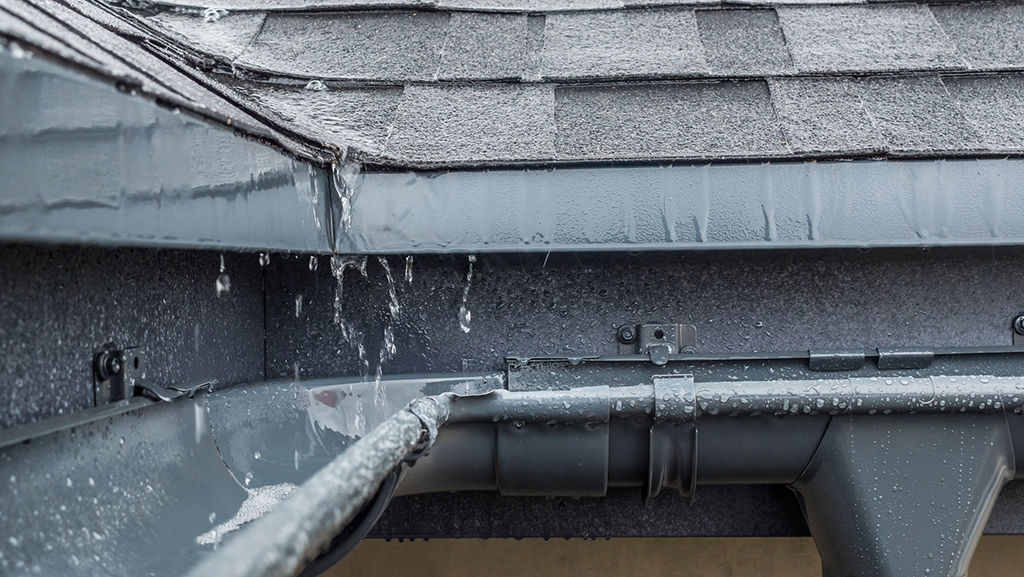Severe weather events have been very prominent in recent headlines. Homeowners in Tampa, FL, know powerful storms aren’t uncommon, and they can be very destructive. Protecting homes from severe weather can be challenging, but your local plumber can help. Homeowners deal with severe storms in three general phases, including the time before the storm, during the storm, and after the storm.
Preparation For Hurricanes And Strong Storms
Preparation is the best way to deal with storms. A plumber can help you prepare and protect your home’s plumbing infrastructure. Regular maintenance is important all year round, although weather technology can track storms and may provide an early warning for adverse weather events. An early warning is an opportunity for last-minute preparations right before a storm.
Check drains outside your home and remove any debris. Make sure water can flow freely. Clogged drains can’t manage excess water from heavy rains or flooding. Most also evaluate and clean gutters and downspouts before a storm. Removing dirt and debris lets rainwater flow freely to optimize drainage. It’s important to tighten or repair loose connections and replace rusty or damaged sections so gutters and downspouts can withstand strong winds.
A plumber may look for problematic tree roots around a home. Roots can wrap around pipes, cause corrosion, and even penetrate the pipe wall. A pipe with root infiltration is weaker and more prone to damage than it should be. If the tree attached to those roots happens to fall during a storm, it can easily destroy sections of plumbing infrastructure too.
Ask your plumber if you should turn the hot water heater off before a storm or hurricane. Many water heaters run for long stretches at a time, so turning them off may relieve some pressure on your plumbing infrastructure during storms. Sometimes filling the bathtub with water is helpful in case of utility service interruptions. However, this decision requires careful thought because a large amount of standing water inside a home can be a serious problem if strong winds cause structural damage or fill the air with debris.
Heavy rain increases the risk of external contamination reaching drinking water. Floodwater may contain a melange of hazardous and unpleasant substances and organisms, including animal droppings, pesticides, chemical runoff, sewage, and bacteria. Contaminated water may cause illness or infection even if exposure is very limited, so keeping filthy water away from drinking water lines is one of the most important safety considerations during flood conditions. Turn off the main water supply to your home before a storm hits to reduce the risk of contamination. Let air into the system by opening a tap as far away from clean water pipes as possible.
- During A Storm
You may notice issues with your plumbing while the storm is still raging. Back drafting is a fairly common occurrence in Tampa, FL. Severe weather can alter air pressure inside sewer lines and back drafting occurs when negative air pressure builds up inside a home or other building. Heavy rain and flooded sewer or storm drains can also contribute to back drafting. Negative pressure in a home’s interior may pull gases from any accessible source, such as drains, sewer lines, and vents. Foul odors are the most recognizable sign of a backdraft.
A backdraft can be dangerous if an appliance that produces carbon monoxide is within reach of the negative pressure gradient. Backdrafts may pull carbon monoxide into the home’s interior, which prevents appropriate ventilation and traps carbon monoxide inside the house. Consult a professional plumber if you’re home is prone to back drafting.
Flooding is a serious concern. Try not to walk through flooded areas, even if the water is in your basement. Electronics submerged in water aren’t safe to handle and pose a risk of electrocution. If it’s possible, shut off the flow of electricity into your home. Flood water may also conceal floating debris and objects resting on the floor. It’s very hard to avoid potentially dangerous obstacles in relatively deep water with poor visibility. The results of flooding can be very unpleasant in certain circumstances. Overly large volumes of water can overwhelm underground pipes and let wastewater back up into toilets, showers, sinks, and drains. Sewage backup on such a large scale is a plumbing emergency.
- After The Storm
Make sure to schedule a professional inspection from your plumber after a storm. Some tasks performed before an adverse weather event are also repeated afterward. Check outdoor drains around your home and remove the debris left behind by water gushing through the streets. You can clean gutters and downspouts on your own, but hiring a professional is a safer option.
Storms can damage exposed pipes or fixtures, and flooding over-saturated ground may put pressure on underground pipes. Broken or blocked underground pipes need to be fixed as fast as possible. Your water may not be safe for drinking or cooking until repairs are finished. Water heaters, washing machines, and other appliances aren’t safe to use after they’ve been submerged in floodwater. Some appliances can be repaired instead of replaced, but this type of repair work is a job for professionals.
Tell your plumber if back drafting is a problem. Although it’s hard to completely eradicate back drafts, there are many options to reduce frequency and severity. Your plumber may replace vents, improve seals around doors and windows, or suggest different locations for water heaters and other appliances.
Contact Drain Flo Plumbing in Tampa, FL, to prepare and protect your home from tumultuous weather. Skilled and experienced plumbers inspect your home and property to identify potential weak points and opportunities for improvement. Drain Flo also offers emergency services for urgent issues.



